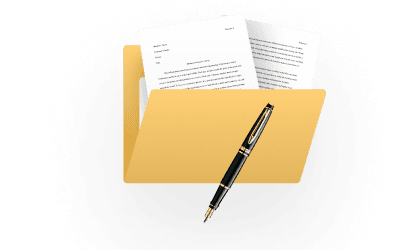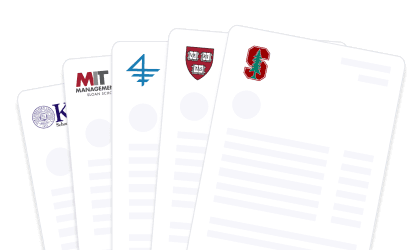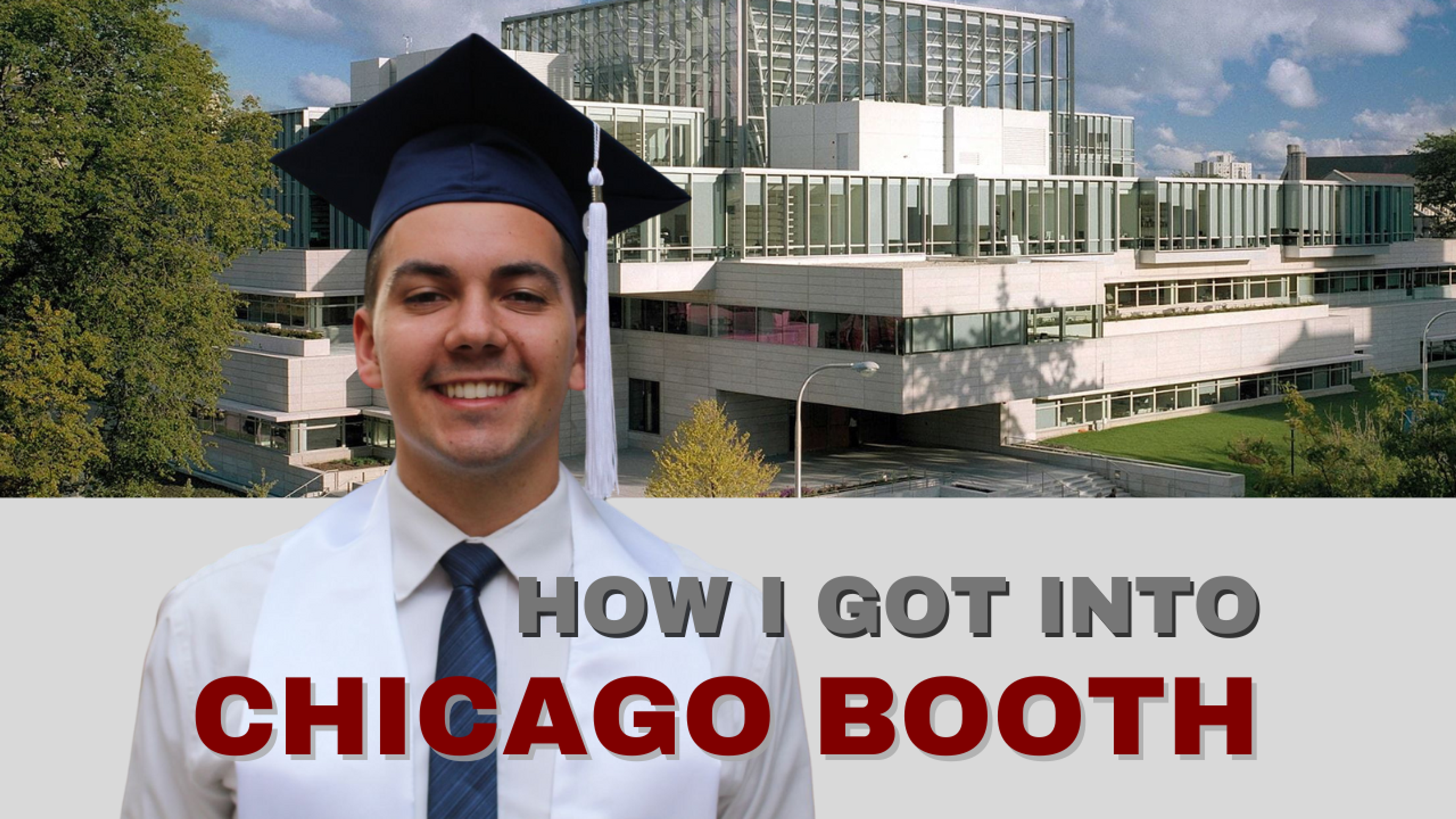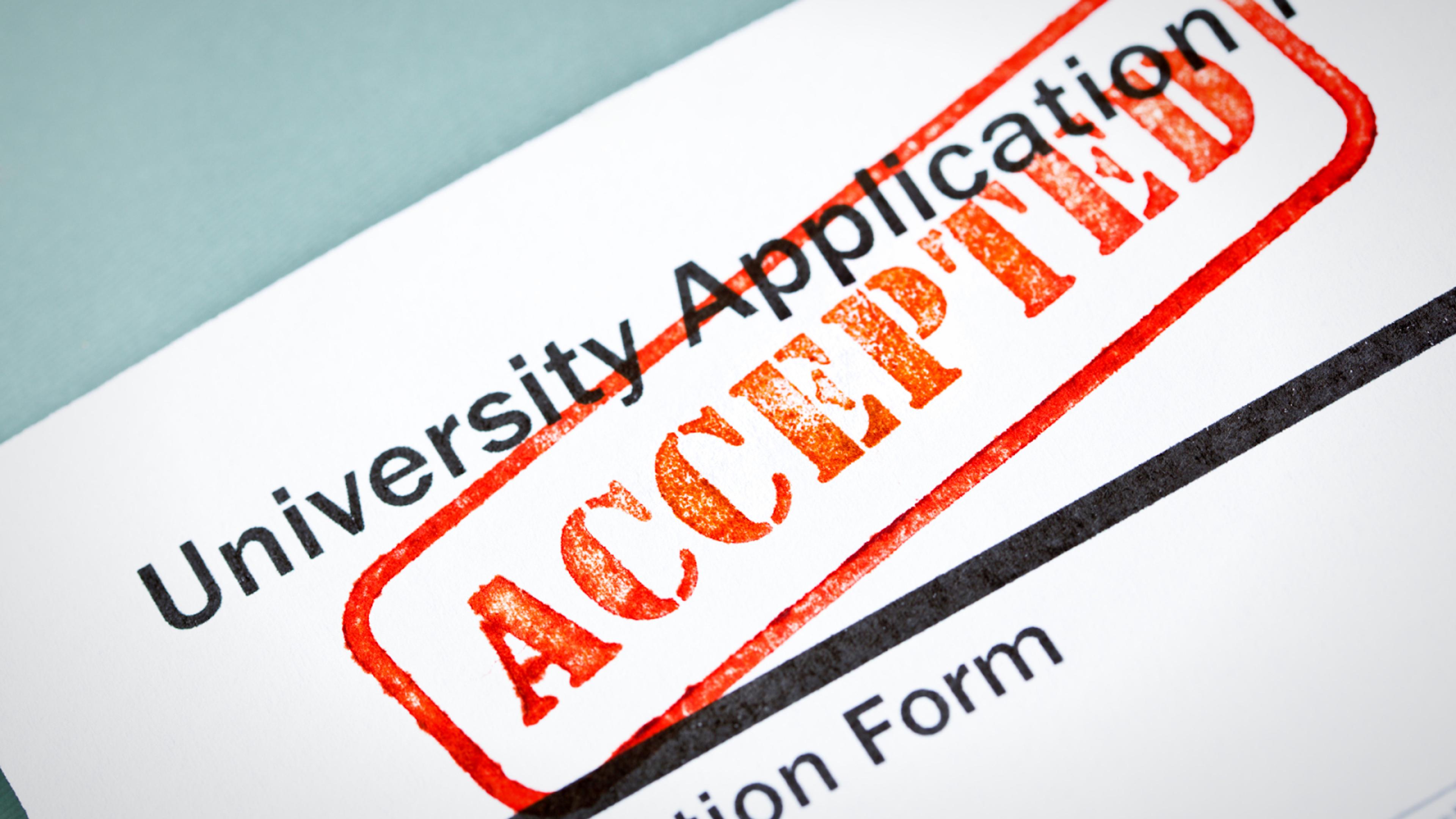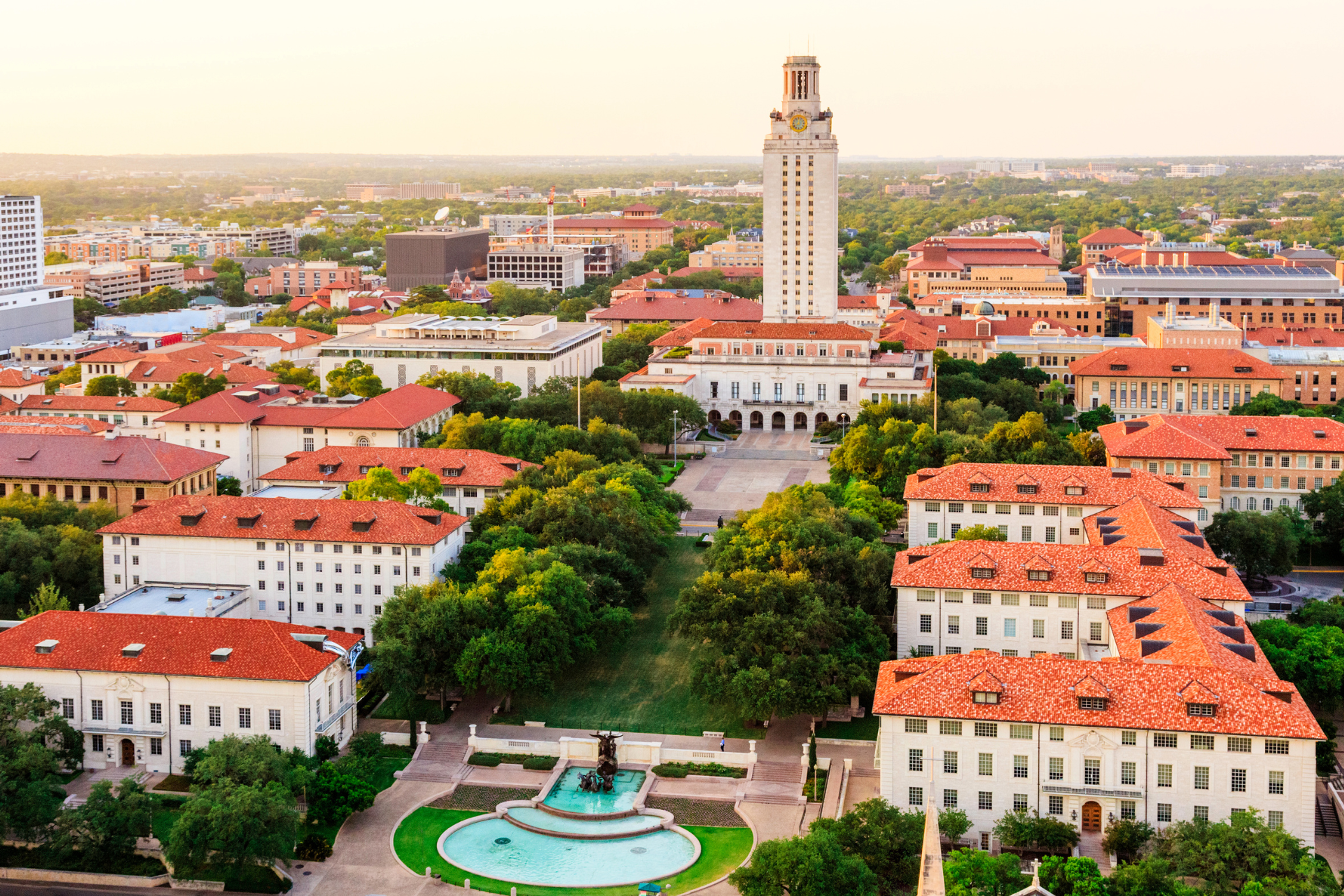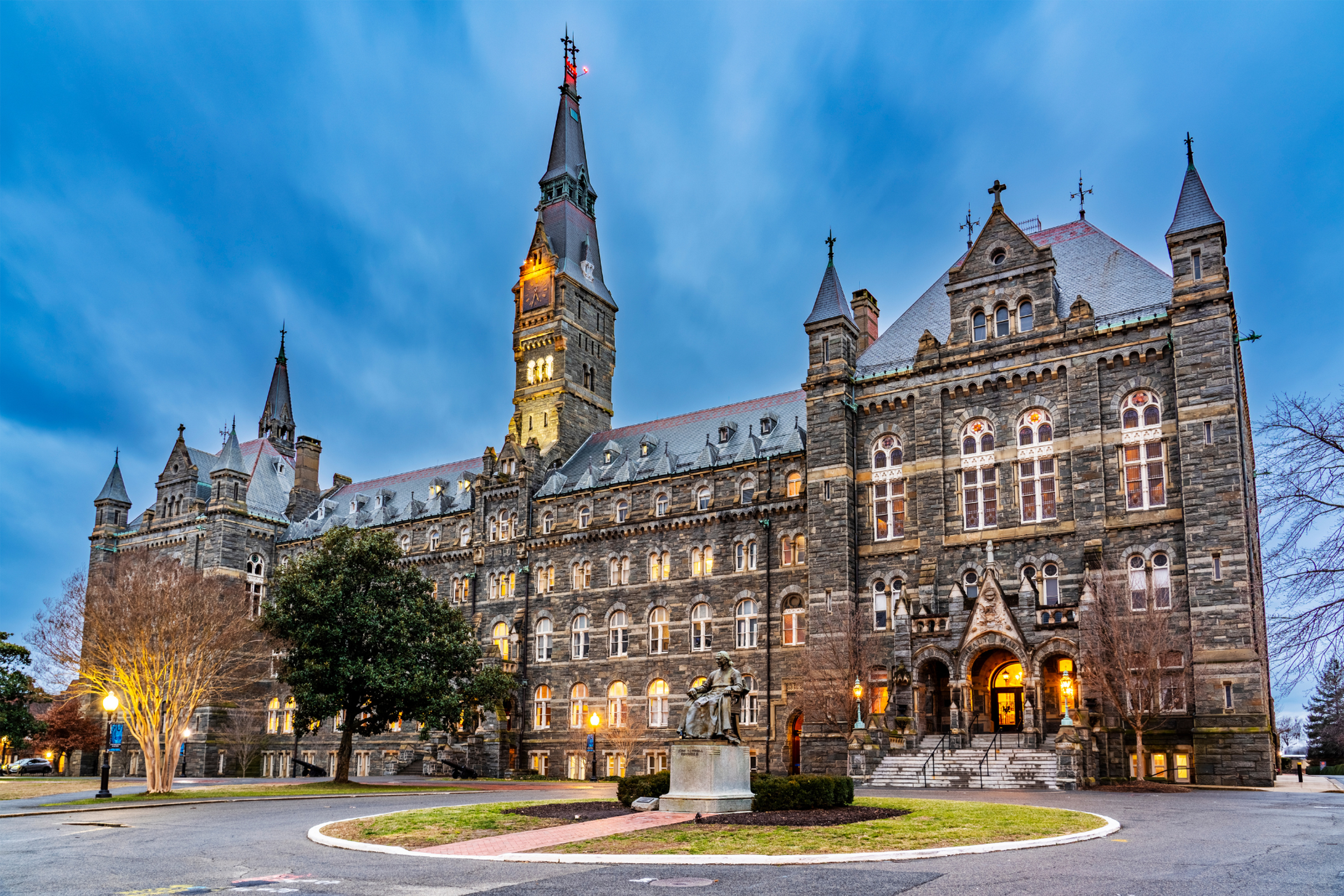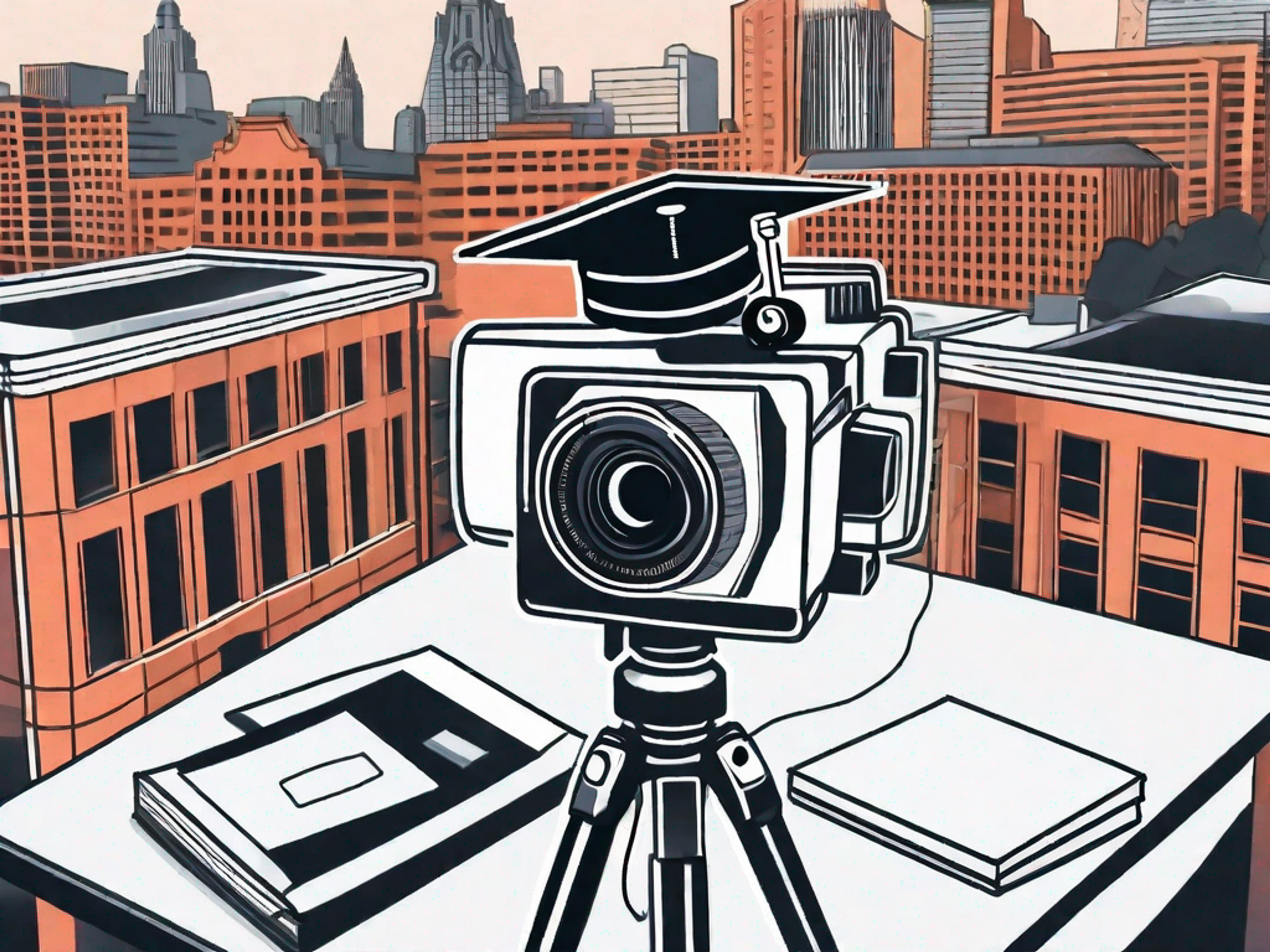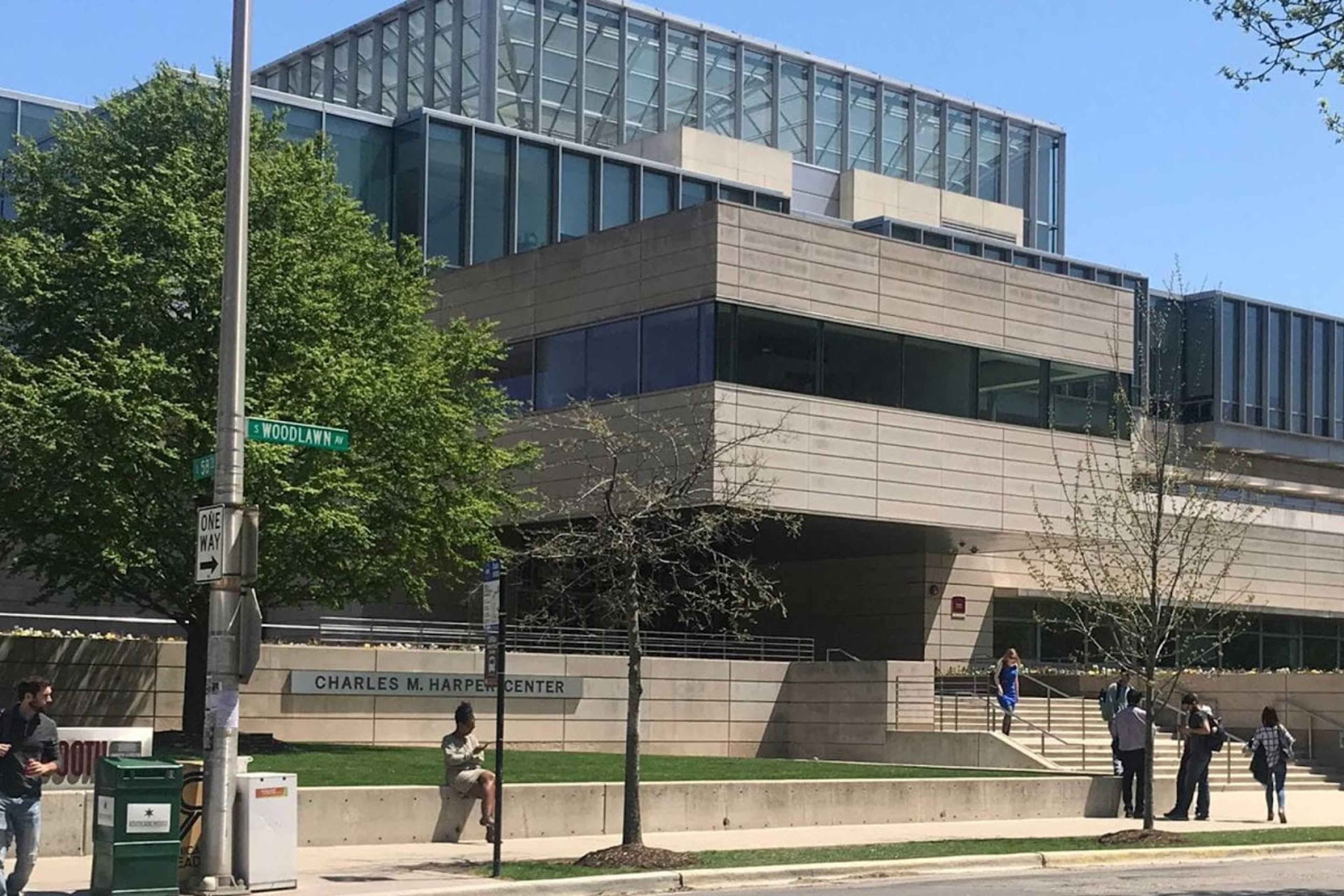
Join a free event
Learn from top coaches and industry experts in live, interactive sessions you can join for free.
Table of Contents
Getting into Chicago Booth is no joke. It’s one of the most competitive business schools in the world, demanding not just high scores, but a sharp, authentic story. If you’re eyeing Booth, you need to understand what you’re up against and how to stand out.
In this guide, we’ll walk you through everything you need to know about Booth’s MBA acceptance rate, including what the numbers really mean, how they’ve changed over time, what the latest class profile reveals, and what Booth actually looks for in a candidate. We’ll also share strategic tips to help you position your application for success.
Read: Chicago Booth — MBA Program & Application Overview
Chicago Booth MBA Acceptance Rate (2025)
Chicago Booth's Full‑Time MBA program admitted 632 students from a pool of 5,125 applicants for the Booth MBA Class of 2026. That results in an overall acceptance rate of approximately 12%, not the commonly misstated 30–33%.
Why that number matters:
- That 12% reflects real competition, slightly tougher than HBS (~9%) but still a notch above Stanford’s razor‑thin admit rate.
- Booth’s holistic approach means that while your GMAT score (median 730) and GPA (avg ~3.6) matter, your leadership story, cultural fit, and experiences in strategic management, investment banking, or diversified financial services often seal the deal.
Application round breakdown:
While Booth doesn’t publish rollout data, past coaching insights suggest this pattern:
- Round 1 (September): Your best shot. Past admits stated that R1 tends to be the most favorable, with a well-balanced pool and slightly higher acceptance odds, estimating R1 acceptance around 27–28%.
- Round 2 (January): Still strong, but more competitive. The pool grows, and yield management becomes more important. Estimates put R2 admits around 31%, but competition is tighter for spots that remain.
- Round 3 (April): Very limited. According to multiple Reddit discussion threads, Round 3 is considered “for unicorns”—applicants with exceptional profiles, diversity boosts, or sponsor-backed timing needs. Some users estimate admission rates in the single digits.
Expert tip: Apply early, especially if your profile needs time to strengthen or if you've been working on standout essays or test scores.
So, what does this data mean for you?
Booth’s 12% acceptance rate, plus a class of >630, means you'll need both:
- Quantitative firepower – aim for a GMAT score of 730+, and solid GRE scores if you go that route
- Narrative clarity and fit – outstanding essays, distinct professional background, and strong personal statements (e.g., “Why Booth?”) significantly improve your odds.
If you're holding a GMAT in the low 700s, you must lean on profile strengths like leadership in venture capital or family business while addressing any gaps candidly.
Chicago Booth MBA Class Profile (Class of 2027)
| Metric | Stat |
|---|---|
| Class Size | 632 enrolled |
| Applicants | ~5,125 |
| Acceptance Rate | ~12% |
| Average GMAT | 729 (range: 590–780) |
| Average GRE | Verbal: 161–162, Quant: 163–164 |
| Average GPA | 3.6 (range: 2.36–4.00) |
| Work Experience | 5 years (avg. age ~28) |
| International Students | 35% of the class; 66 countries represented |
| Gender Mix | 42% women |
| Ethnic Diversity (U.S. Citizens/PRs) | 30% Asian, 10% Hispanic/Latinx, 8% Black, 4% Multiracial |
| Veterans | ~10% |
| LGBTQ+ | ~9% |
| Top Pre-MBA Industries | Consulting (27%), Financial Services (19%), Tech (13%), Nonprofit/Gov (11%), PE/VC (8%) |
This data-driven approach to MBA admissions highlights Booth’s commitment to creating smart, experienced students who represent broad backgrounds, whether from investment banking, diversified financial services, or family business.
Read: Chicago Booth MBA Class Profile: Key Insights & Takeaways
10-Year Acceptance-Rate Trends
Understanding how Chicago Booth MBA acceptance rates have shifted over time can help you benchmark your chances and build a smarter application strategy.
| Year | Acceptance Rate |
|---|---|
| 2016 | ~23% |
| 2018 | ~22% |
| 2020 | ~21% |
| 2023 | ~19% |
| 2025 (est.) | ~12% |
The biggest takeaway? Booth has become significantly more selective over the last decade, especially post-pandemic. The current ~12% admit rate (for the Class of 2026) reflects a deliberate tightening of standards, even as application volume holds steady around 5,000–5,200 per year.
Important note:
- You can’t just rely on stats. Ten years ago, a strong GMAT and solid resume might have been enough. Today, Booth expects a well-crafted narrative, demonstrated leadership, and a clear fit with their data-driven, collaborative culture.
- Round strategy is more critical than ever. Acceptance rates dip sharply after Round 1. If you're targeting R2 or R3, you’ll need an especially compelling case, especially if your scores are below the class average.
- Competition isn’t just numbers, it’s polish. Many applicants now work with admissions coaches, former adcoms, and essay editors. If you’re applying solo, you’re often going up against professionally curated applications.
What the Booth Admissions Committee Looks For
As someone who’s coached candidates across industries and continents, I can tell you the best applications strike a careful balance between data and depth. Here’s how the admissions committee at Chicago Booth School actually evaluates your candidacy:
Can you handle the academic rigor?
Yes, the numbers matter. The average GMAT score sits around 729, and GRE scores tend to hover in the 161–164 range. But what they’re really looking for is evidence that you can handle Booth’s quantitatively rigorous curriculum. If your scores or GPA are below average, you'll need to offset that with clear signals of intellectual horsepower like strong quant work in undergrad, analytical job roles, or even post-college coursework.
Are you growing and leading at work?
Most admitted students have 4–6 years of work experience. But it’s not about tenure, it’s about trajectory. Booth wants to see that you’ve taken on increasing responsibility, led teams or initiatives, and can clearly articulate what you’ve learned. Roles in strategic management, investment banking, or diversified financial services often stand out, but nontraditional paths can be equally compelling if you’ve driven results and led with intent.
Do your goals make sense, and does Booth fit in?
This is where strong applicants separate themselves. Booth wants to know who you are, what drives you, and where you’re going. The best candidates connect the dots between their background, their ambitions, and how Booth is the bridge between the two. Clear, well-researched goals, especially those tied to industries like venture capital, consulting, or social impact, signal focus and maturity.
Will you show up for others in the classroom?
Booth students are independent thinkers, but they’re not lone wolves. The Chicago Booth School of Business values those who thrive in teams, contribute to others’ growth, and seek out rigorous debate. Your application should reflect moments where you’ve elevated peers, mentored others, or helped build community, especially in high-stakes, high-performing environments.
What unique perspective will you bring?
Diversity of perspective is core to Booth’s learning model. Whether you grew up in a small town, built a family business, served in the military, or are the first in your family to go to college, Booth wants to hear your story. If you bring a global lens, lived experience, or deep roots in underrepresented industries or communities, own it. They’re not just looking for diversity in identity, but in thought and experience.
Are your essays and interview responses truly yours?
Your essays should be strategic, specific, and unmistakably yours. Booth looks for authenticity and reflection, not just polished answers. And if you’re invited to interview, expect a thoughtful, behavioral-style conversation. You’ll want to be ready with examples, not just opinions. It’s your chance to show you’re not just qualified, you’re one with Chicago Booth.
If you want help translating your profile into a Booth-worthy application, I’d be glad to coach you through every step.
Read: The 10 Best MBA Admissions Consultants
Your Application Timeline: Month-by-Month Strategy
One of the most common mistakes I see? Rushing the application. Booth values reflection, precision, and intentionality, and that takes time. Here’s a month-by-month guide to maximize your chances:
- Months 1–3: Test and Research Mode - Start by locking in your GMAT or GRE strategy. Most successful applicants aim for 100–150 hours of prep, often with a tutor or course. Take a diagnostic, set a target score (Booth’s GMAT median is 729), and plan for at least one retake buffer. Simultaneously, immerse yourself in Booth by attending virtual events, connecting with current students, exploring the Gleacher Center, and digging into Booth's values around intellectual curiosity and data-driven decision-making.
- Months 4–5: Resume + Career Story Building - Update your resume to MBA standards to be results-focused, one page, and leadership-heavy. Reflect on your long-term goals and how Booth fits in. Start journaling or outlining your story of where you've been, what you've learned, and why you're ready now. These months are about building the raw material for powerful essays and interviews.
- Months 6–7: Essay Drafting and Coaching - Draft your core essays, especially Booth’s “Who are you?” prompt. This is where coaching can help most. You’ll want to articulate your vision, highlight personal growth, and clearly show why Booth is uniquely suited to help you succeed. Be prepared to go through at least 3–5 rounds of edits per essay.
Read: Booth MBA Essays: Analysis & Tips From a Former AdCom
- Month 8: Final Polish + Recommendation Management - Finalize your essays, polish your application, and brief your recommenders. Give them a tailored packet with talking points that reinforce your story. Many Booth admits use this time to refine optional essays or create a short, strategic video intro if invited. Click here for our free Leland Recommender Prep Template.
- Month 9: Submit (R1, ideally) - Round 1 gives you the best odds, but only if your application is ready. Round 2 is still strong, but more competitive. Round 3 should be avoided unless you’re an exceptional case or Booth is your only target. Submit early in the round when possible to avoid technical or processing delays.
- Post-Submission: Interview Prep - If invited to interview (Booth does this by invite only), prep hard. You’ll face behavioral questions from a Booth alum, not adcom. Expect deep dives on leadership, failure, and motivation. Practice with a coach or peer who can push you on depth and clarity.
- Decision Notification: April–June - Decisions usually roll out 8–10 weeks after interviews. Use this time to stay engaged and attend admitted student events, apply for financial aid, and get to know your future classmates.
Read: Chicago Booth MBA Application Deadlines
MBA Program Options at the Booth School of Business
| Program | Best For | Format & Duration | Location | Admissions Insight |
|---|---|---|---|---|
| Booth MBA Program (Full-Time) | Career pivoters, post-MBA recruiters, or international applicants | 21 months, in-person | Hyde Park Campus (Chicago) | Highly competitive (~12% acceptance rate); strong fit for those targeting consulting, investment banking, or entrepreneurship. Prior work experience averages ~5 years. Ideal if you want immersive access to the Booth Business School network. |
| Executive MBA Program | Senior leaders with 10–20 years of experience looking to accelerate in their current track or pivot to C-suite roles | 21 months, modular format | Chicago, London, or Hong Kong | Designed for mid- to senior-level professionals. Requires a strong leadership track record. Fewer essays, but deeper interviews. Shared curriculum across global campuses builds an international leadership perspective. |
| Weekend MBA Program | Working professionals based in the Midwest or within flight range of Chicago | 2.5–3 years, Fridays & Saturdays | Gleacher Center (Downtown Chicago) | Great option for professionals who want Booth’s rigor without stepping out of the workforce. You’ll take classes alongside Booth MBA program peers and access the same recruiting and career services. Competitive but slightly less selective than the full-time cohort. |
| Evening MBA Program (Part-Time) | Local professionals looking for flexible progression while working full-time | 2.5–3 years, weeknights | Gleacher Center (Downtown Chicago) | Most flexible of the Booth School of Business MBA offerings. Ideal for those not looking to relocate or pause work. Chicago Booth offers identical faculty and electives as full-time, but networking and recruiting timelines differ. |
Every path at the Booth School of Business leads to the same degree and rigor. Your best fit depends on career goals, life stage, and how you want to engage with Booth’s world-class network, curriculum, and opportunities.
Read: The Different Types of MBA Programs—and Which One is Right for You
Final Thoughts
With a Chicago Booth MBA acceptance rate near 19%, admission is impossible without narrative, clarity, and the right metrics. Beyond test scores, demonstrate authentic personal growth, career trajectory, and fit with Booth’s values.
Even if your average GMAT score is slightly below 735, a compelling story and leadership experience, especially in diversified financial services or venture capital, can tip the scales.
Work With a Coach: Your Edge with Personalized Support
Applying to the Booth School of Business is no small feat. The process challenges even the most qualified candidates. The right support can completely shift the outcome.
Book a 1:1 coaching session with an MBA admissions coach if you’re serious about getting into Booth. An experienced coach can help you go beyond just checking the boxes and build an application that truly stands out.
Read these next:
- Chicago Booth Part-Time MBA Program Overview
- Chicago Booth MBA Cost: Tuition & Fees Breakdown
- University of Chicago JD/MBA: Program Overview
- What to Know About the Chicago Booth Scholars Deferred MBA Program
- How I Got Into Chicago Booth Scholars (Deferred MBA) – An Interview With Bruce Erickson
FAQs
What kind of test scores do I really need for Booth MBA admission?
- Booth looks for a strong academic foundation, typically a GMAT around 729–730 or GRE Quant 163–164 and Verbal 161–162 to demonstrate quantitative readiness. If your GPA or test scores fall below these averages, you’ll want to show academic potential with additional coursework, certifications, or strong quantitative performance in your career.
Does my profile have to match the classic consulting or banking mold?
- Not at all. While many admittees come from strategic management, investment banking, or diversified financial services, Booth equally values leadership in nontraditional fields like entrepreneurship, family-run businesses, public service, if you’ve created impact and can tell a compelling story.
How important is it to visit the campus or connect with current Booth students?
- Engagement matters. Booth tracks how much you invest in the school, such as attending events, connecting with alumni or current students, and participating in info sessions, all of which can subtly boost your chances. Even virtual engagement demonstrates sincere interest.
What are my chances of getting invited to interview?
- Roughly 40–60% of full-time applicants receive interview invites. Your odds improve significantly if you align your GPA, test scores, work experience, and narrative cohesively, especially when paired with polished essays and a well-rounded profile.
Can I still get in if my GMAT is below average?
- Yes, but only if your application compensates in other ways. Booth evaluates applications holistically. A GMAT below 729 could be offset by exceptional leadership, analytics-focused roles, strong GPA, or compelling essays grounded in personal growth and intellectual curiosity.
Browse hundreds of expert coaches
Leland coaches have helped thousands of people achieve their goals. A dedicated mentor can make all the difference.











